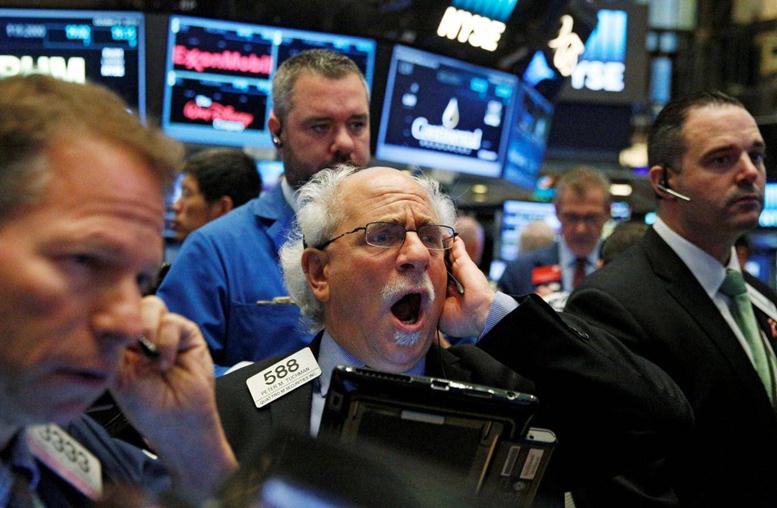Trade war tension between the United States and China has been weighing sharply on the global stock markets over the last couple of days – as the U.S. announced that it would start imposing 25% tariffs on almost 818 goods imported from China.
Though China said they would not fire the first shot, they are ready to initiate similar tariffs on 545 U.S. products on Friday.
Besides the initial tariffs from the two largest economies, traders are worried that the trade war could escalate further in the days to come. Donald Trump has recently announced his plan to impose $200 billion worth of new tariffs on Chinese products due to China’s retaliatory moves. China said they would give the United States tit for tat.
Trade War Tension: Stock Markets Are Tumbling
Asian markets lost a significant amount of value today, in response to the imposition of tariffs from both sides.
The Shanghai composite dipped 0.91% today, while the Shenzhen composite plunged more than 2% in Thursday’s trade. Hong Kong’s Hang Seng Index fell 0.63%, and Japan’s Nikkei 225 plummeted 0.78%.
All three major U.S. indexes have been in the red since Tuesday; the S&P 500 extended the decline in the shortened session on Wednesday while Nasdaq and Dow were closed due to Independence Day holiday. The markets begin Thursday’s trade on a negative note, and market pundits are expecting more pressure on the markets in the following days.
>> Procter & Gamble: The Dividend King is Struggling to Impress Investors
Tech, industrial, and manufacturing companies are likely to be the biggest victim of the trade war between U.S. and China.
The Risk of Global Economic Instability Looms
Experts are of the opinion that this trade war could push the global economy into chaos. Economists at Merill Lynch of Bank of America believe that a full-fledged trade war between the two largest economies would significantly slow the economy of both countries. The bank added that eroding business confidence, disrupted supply chains, and heightening uncertainty, are likely to push the global economy toward a full-blown recession.
Featured Image: twitter










